Galvanized steel is technically a coated material, but it is worth mentioning here. Galvanized steel is a carbon steel that would most likely rust if it did not have one or more layers of zinc applied to it. The zinc layer acts as a sacrificial metal for the steel. This means that the zinc layer will combine with the oxygen more readily than the iron in the steel will. This creates a zinc oxide layer that prevents the formation of iron oxide, thus eliminating the possibility of rust forming.
However, if the zinc coating is damaged, or if the galvanized steel is placed in extreme environments, the zinc coating may be rendered ineffective and the steel will rust. Galvanized steel is also susceptible to "white rust" which is a type of corrosion that forms under specific conditions, typically involving water or condensation. The formation of white rust does not necessarily damage the material or the zinc coating.
The presence of the stable film prevents additional corrosion by acting as a barrier that limits oxygen and water access to the underlying metal surface. Because the film forms so readily and tightly, even only a few atomic layers reduce the rate of corrosion to very low levels. The fact that the film is much thinner than the wavelength of light makes it difficult to see without the aid of modern instruments. Thus, although the steel is corroded on the atomic level, it appears stainless. As such, this film, otherwise known as rust, achieves sufficient thickness to make it easily observable soon after exposure to water and air. Rust is formed when oxygen comes into sustained contact with iron in a process called oxidation.
Oxygen is delivered to the metal from water, either from liquid water or water vapor. The free oxygen bonds with the dissolved iron to form iron oxide or rust. Oxidation catalysts, such as saltwater and air, acids and acid rain, soils, and airborne sulfur compounds, will accelerate rust formation. Rust formation is also encouraged by architectural crevices that trap liquids.
Once rust forms, its porous surface will trap additional liquids and lead to further corrosion. I've had this Maine 'buoy bell' wind chime for about eight years now. It has the haunting melancholy sound of a bell buoy at sea being tossed by wind and waves.
It is made of COR-TEN steel which is designed to rust on the surface to create a protective barrier against further rusting. It came painted black on the outside and was supposed to develop this rich rust patina naturally over time. Seeing it was taking so long, I decided to take things into my own hands and, ah, "help" mother nature along and accelerate the process.
How Can I Make Steel Rust Faster I searched the net and found mostly dangerous methods to induce rust on steel using highly caustic or acidic chemical solutions. However I finally did find a simple safe method, using on-hand household chemicals, buried deep within a thread on the subject at a metalworking forum. I got spectacular results which have not only withstood the wind and rain of the southwest but have actually improved with the help of mother nature. Over time, the oxygen combines with the metal forming new compounds collectively called rust. The best-known of these reactions involve oxygen, hence the name "oxidation". The terms "rust" and "rusting" only mean oxidation of iron and its resulting products.
Many other oxidation reactions exist which do not involve iron or produce rust. Given sufficient time, any iron mass, in the presence of water and oxygen, could eventually convert entirely to rust. Surface rust is commonly flaky and friable, and provides no passivational protection to the underlying iron, unlike the formation of patina on copper surfaces.
Rusting is the common term for corrosion of elemental iron and its alloys such as steel. Many other metals undergo similar corrosion, but the resulting oxides are not commonly called "rust". So, you've prepped the metal object for rusting, but how does the oxidation process happen?
First, you'll need to create a rusting solution by combining 16oz hydrogen peroxide, 2oz white vinegar, and ½ tablespoon of salt. If possible, mix this solution in the spray bottle with some leftover white vinegar. Shake it up so that everything mixes well, and then start spraying down your object. If the rusting doesn't start happening immediately, you may need to put your object in direct sunlight for a while. Despite the fact that some metals will rust faster than others, it shouldn't deter you from utilizing these metals for certain uses. Each method utilizes different compounds and materials to create a protective barrier between the metal and the elements that cause rust and corrosion.
Although steel's natural tendency is to undergo corrosion reactions, the alkaline environment of concrete provides steel with corrosion protection. At the high pH, a thin oxide layer forms on the steel and prevents metal atoms from dissolving. This passive film does not actually stop corrosion; it reduces the corrosion rate to an insignificant level. For steel in concrete, the passive corrosion rate is typically 0.1 µm per year.
Without the passive film, the steel would corrode at rates at least 1,000 times higher . When iron is in contact with water and oxygen, it rusts. If salt is present, for example in seawater or salt spray, the iron tends to rust more quickly, as a result of chemical reactions. Iron metal is relatively unaffected by pure water or by dry oxygen.
As with other metals, like aluminium, a tightly adhering oxide coating, a passivation layer, protects the bulk iron from further oxidation. The conversion of the passivating ferrous oxide layer to rust results from the combined action of two agents, usually oxygen and water. Several forms of rust are distinguishable both visually and by spectroscopy, and form under different circumstances. Other forms of rust include the result of reactions between iron and chloride in an environment deprived of oxygen. Rebar used in underwater concrete pillars, which generates green rust, is an example. Although rusting is generally a negative aspect of iron, a particular form of rusting, known as stable rust, causes the object to have a thin coating of rust over the top.
If kept in low relative humidity, it makes the "stable" layer protective to the iron below, but not to the extent of other oxides such as aluminium oxide on aluminium. The fast and DIY way to rust metal on purpose is to make a mixture in a spray bottle of white vinegar, hydrogen peroxide, and salt. Spray the mixture onto the metal surface several times, letting it dry between coats and your metal will take on a rusty patina almost instantly. Salt accelerates the rusting process by lowering the electrical resistance of water. Rust happens through a chemical process called oxidation in which metal atoms lose electrons, forming ions.
The more easily the electrons flow from iron to oxygen, the quicker the metal rusts. In those states that use road salt during the winter to melt snow, steel car bodies rust more rapidly than in dry desert states. There are ways for metalworking and manufacturing companies to protect their iron workpieces from rusting. Galvanization, for example, is a common anti-corrosion treatment process for iron. It involves the application of a protective coating over the surface of a metal workpiece. With galvanization, zinc is applied over the surface of iron.
The zinc layer acts as a barrier between the iron and its surrounding environment. As a result, the iron doesn't come into contact with air or moisture. Assuming the zinc layer remains intact, galvanized iron shouldn't rust.
Rust is another name for iron oxide, which occurs when iron or an alloy that contains iron, like steel, is exposed to oxygen and moisture for a long period of time. Removing surface rust from surfaces improves the appearance, but it's importance goes beyond the decorative. Austenitic stainless steels such as 304 or 316 have high amounts of nickel and chromium. The chromium combines with the oxygen before the iron is able to which forms a chromium oxide layer. This layer is very corrosion resistant which prevents rust formation and protects the underlying metal.
Archaeological conservators may encounter flash rusting near the end of a treatment to remove salt from archaeological objects that contain iron. The objects are soaked, sometimes for months or years, in alkaline solutions such as 0.5 M (2% w/v) sodium hydroxide . The solution is changed when the concentration of chloride ions washed from the object builds up. During the soaking, the high pH of the sodium hydroxide solution keeps the iron from rusting, but at the end of the treatment the sodium hydroxide has to be rinsed from the object. During the rinsing, the pH or conductivity are monitored until the rinse solution is close to neutral pH or has low conductivity. When the pH on the iron surface drops below about 11, the remaining iron metal often starts to rust again, forming the bright orange typical of flash rusting.
Stainless steel is another example of a metal that does not rust. Through it is important to note that some grades are more resistant to rust than others. On the other hand, ferritic or martensitic stainless steels may be susceptible to rust because they contain less chromium. Set the degreased object outdoors or in a well-ventilated area on a piece of cardboard.
Work in an area where you can spray rusting solution without affecting nearby surfaces. Spray your metal object with plain white vinegar, soaking the surface and letting it dry before reapplying. The acidic vinegar lightly etches the metal surface so the piece will rust faster.
Degrease the stripped metal with a commercial degreaser to remove grime, dirt or remnants of finish that will prevent the chemical reaction that causes rust. Wear protective goggles and gloves every time you handle chemicals during the rust patina process. Do not handle a degreased piece of metal with your bare hands, to avoid any skin oil residue, which repels the rusting solution. Working in a well ventilated area, pour the peroxide into the spray bottle. Spray the tin or iron with peroxide, misting generously.
Rusting should begin almost immediately, and is sort of fun to watch. Allow items to dry completely, and then rub to remove salt. Different effects can be achieved using more or less salt. I also achieved some nice rusting by letting the items dry, and then remisting them with peroxide to start the process all over again. Rinsing the rusted item in cold water removes some of the rust, and gives a smoother surface.
This is definitely a technique to experiment with fully before you plunge in with a big piece. A less common environment for metal is submerged in or exposed to water. Moisture is highly corrosive to most metals including steel, aluminum, and zinc.
There are many different types of water (pure water, natural fresh water, potable water , and seawater) and each has different mechanisms that determine the corrosion rate. The parameters that affect corrosion of metals in water include pH level, oxygen content, water temperature, agitation, the presence of inhibitors, and tide conditions. Over time, especially outdoors, high humidity or rain will cause the iron to undergo flash rusting and result in ugly rust stains.
Similarly, grinding wheels used on iron should not be used later on other metals, because bits of iron can be transferred to the other metals. Any grinding of iron should be done well away from other metals, so that any iron ejected from the grinding wheel does not land on the other metals. In some applications, particulate residue from a plain steel or iron workpiece may be transferred onto the surface of a stainless steel part or basket. These plain iron or steel particles can disrupt the protective oxide layer of a stainless steel workpiece—ruining its corrosion resistance so that it starts to rust. In damp environments, metals deteriorate quickly as moist air is an ideal medium for rust to form.
Even a single droplet of water can in effect become a small battery that allows ions to flow freely between oxygen and iron. The part in which metal is submerged in water, iron atoms lose electrons causing the metal to disintegrate gradually. The iodised iron then gets dissolved into the water to react with the hydroxide ions in the water to form rust.
Before making metal rust, make sure you have rubber gloves, safety glasses, and a protected work surface. Lay your metal materials on your work surface, then spray the metal with peroxide. While the peroxide is still wet, you can either spray the metal with white vinegar or sprinkle it with salt. Yes, the next step is just like pickling cucumbers, only here you're pickling steel. Steel pickling helps create a uniform coat of rust instead of specific areas being rustier than others. Pour some white vinegar into the spray bottle and then spray every inch of the metal object.
Let it dry in the sun, and then repeat several more times. Now, your steel will be ready for the metal rusting process. Typical examples of pitting corrosion can be seen on aluminium and stainless steels in liquids containing chlorides, e.g. seawater. These materials are dependent on a thin surface oxide film for their corrosion protection.
Mechanical damage or an inhomogeneous spot in the oxide film could be the starting point for corrosion attacks. The conditions in the pit are characterized by oxygen deficiency and low pH, which intensifies the attack and may also render it self-sustaining. In some ways the easy part of corrosion prevention on stainless steel is removing the rust.
The hard part is keeping the rust off without costly component redesign or re manufacture. You can keep your components and improve corrosion resistance by bonding a high tolerance, high durability, corrosion resistant coating to the surface after rust removal. Have more questions about how our coatings can prevent rust on stainless steel?






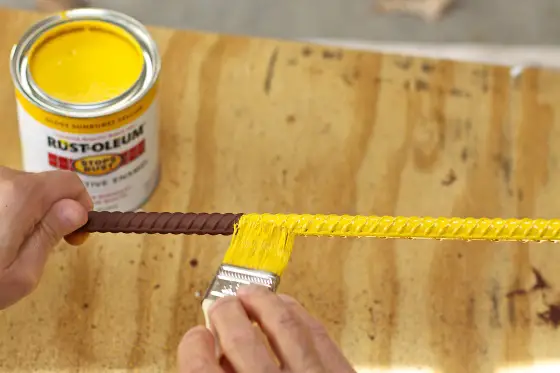
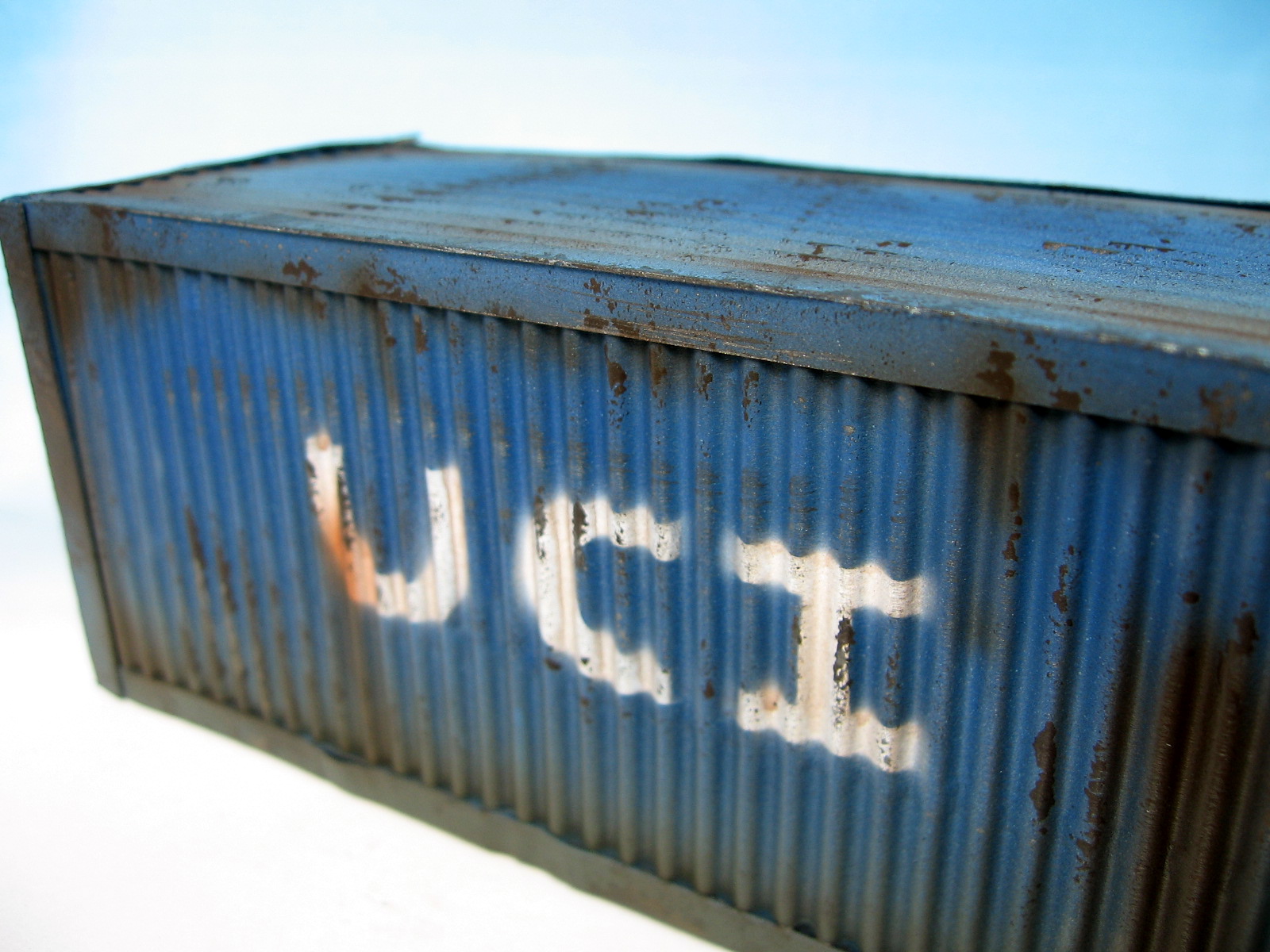
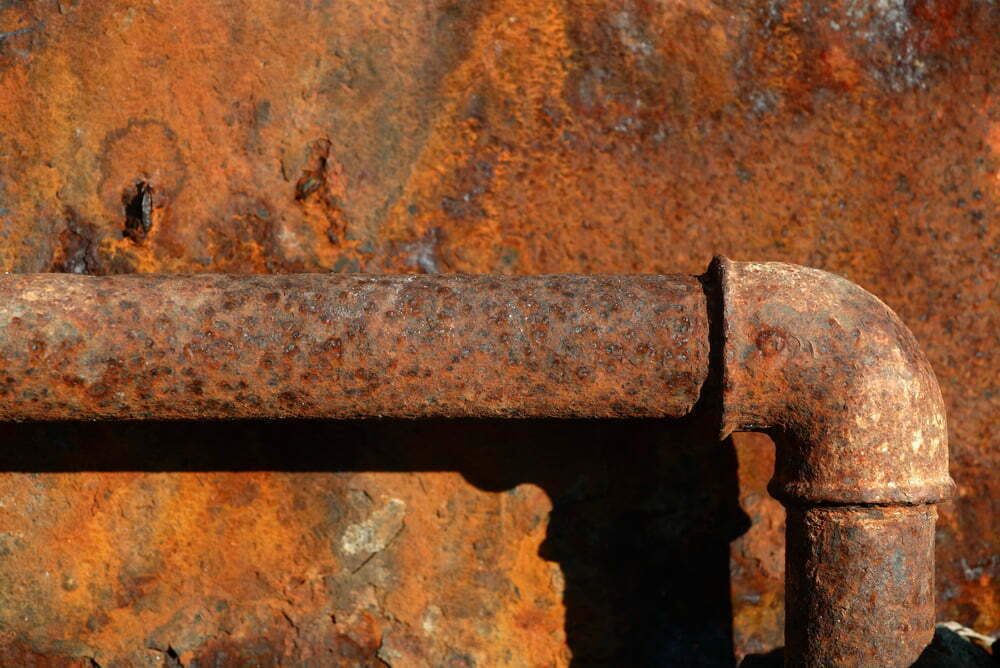

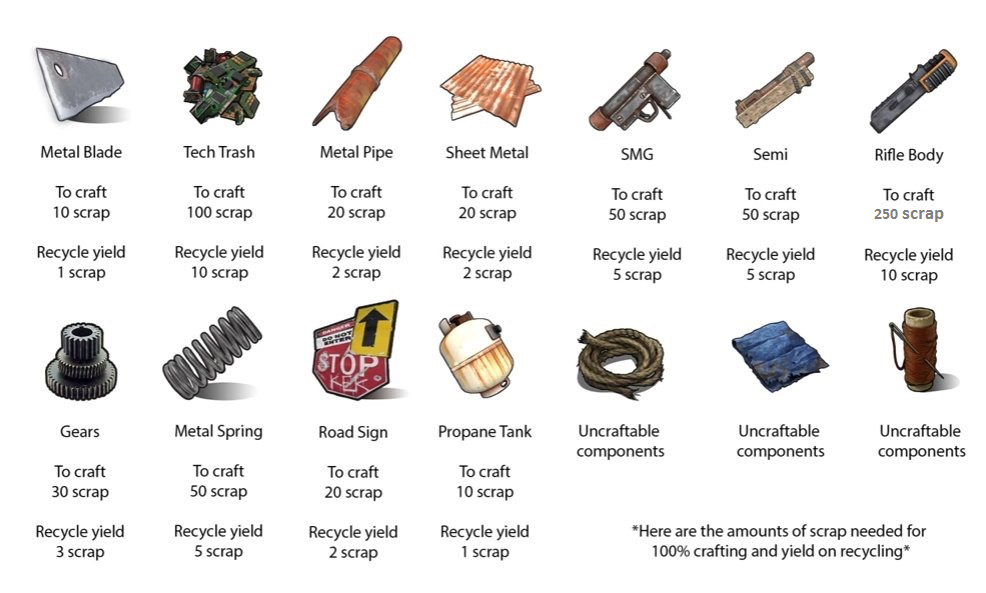





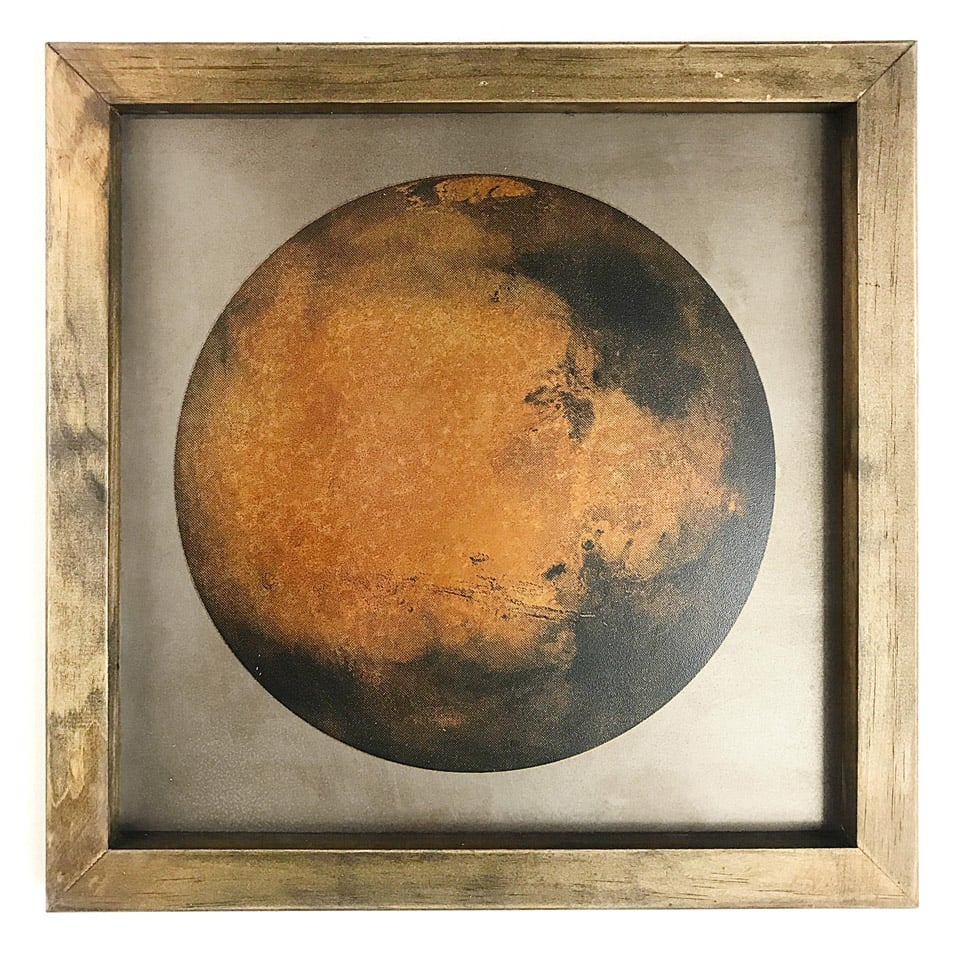
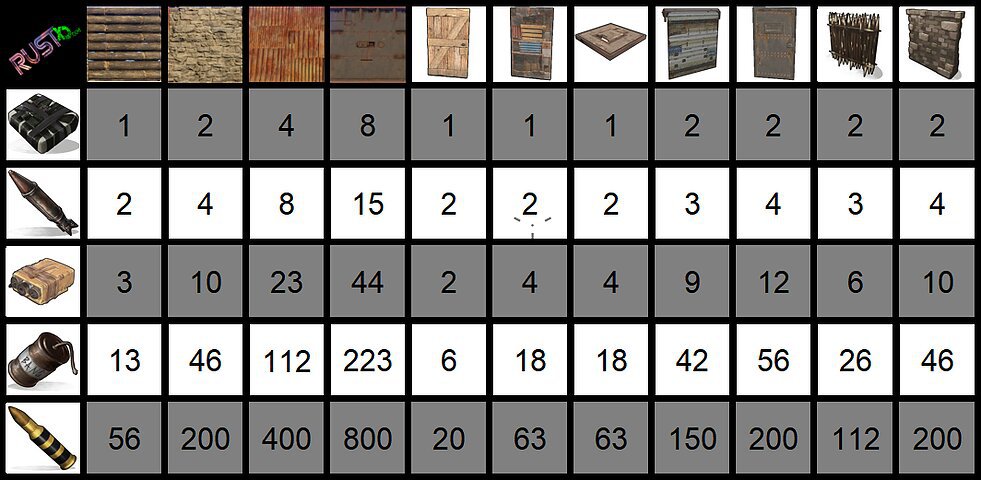







No comments:
Post a Comment
Note: Only a member of this blog may post a comment.